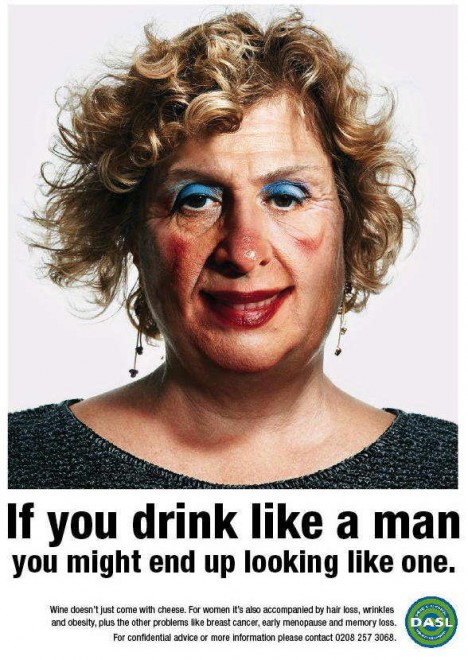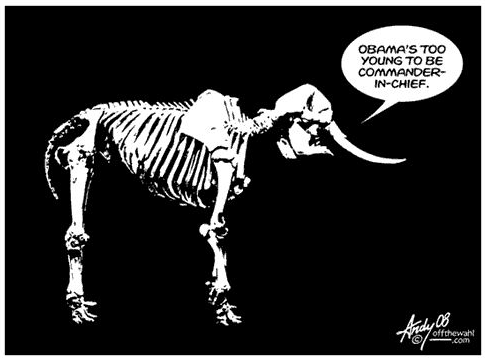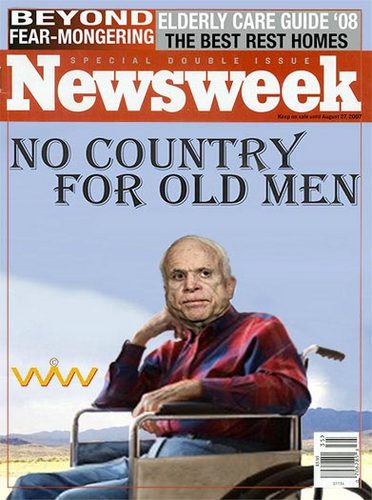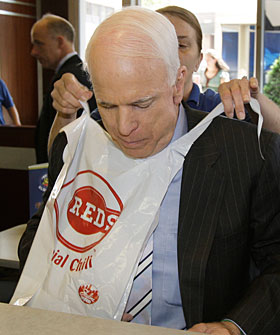Below are screenshots of the Degree Men, Degree Women, and Degree Girl websites.
Degree genders their deodorant with color (turquoise and lavender versus blue and yellow), pattern (bold lines versus curving spirals), language (women are “emotional” and men “take risks”). Really, Degree? We’re still going there?
Even the scents are gendered and, further, they reveal how we place men and women in a hierarchy (e.g., “Extreme Blast” versus “Summer Rain”). Men even get a scent called “Power.”
Degree also markets their product differently towards adult and t(w)een girls. Women are “emotional,” girls are “OMG!” let’s dance!!!
OMG! Let’s take a look!
“DEGREE MEN. PROTECTS MEN WHO TAKE RISKS.”
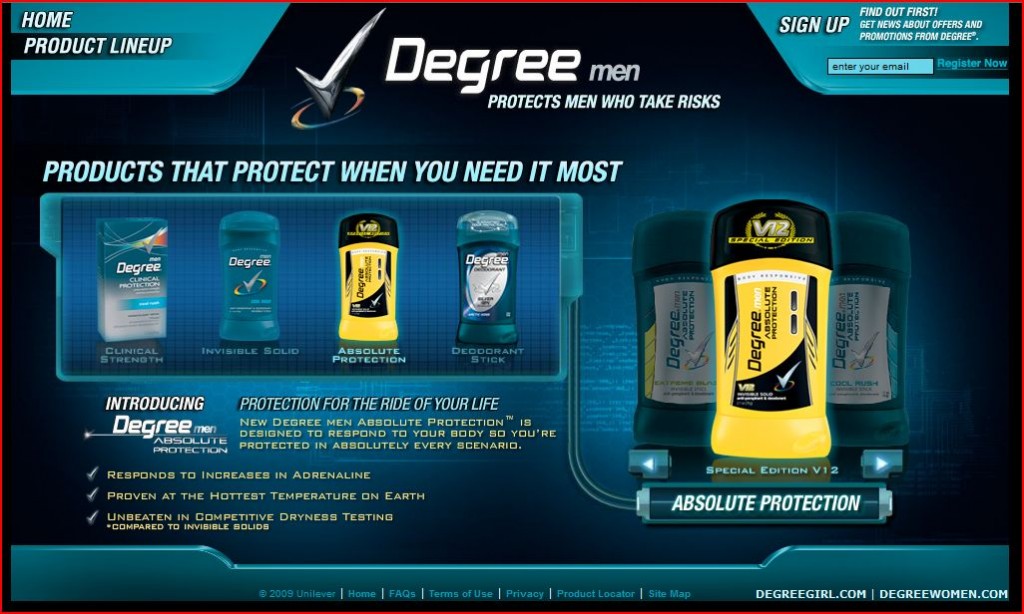
“Absolute Protection.”
“Responds to increases in adrenaline.”
“Proven at the hottest temperature on earth.”
“Unbeaten in competitive dryness testing.”
Scents include “Cool Rush,” “Extreme Blast,” “Arctic Edge,” “Intense Sport,” “Clean Reaction,” and “Power.”
“DEGREE WOMEN. DARE TO FEEL.”

“Emotional sweat can cause body odor more than perspiration from physical activity… you need extra odor protection to kick in when you’re stressed or emotional.”
Scents include “Classic Romance,” “Spring Fusion,” and “Fresh Oxygen,” “Pure Satin,” “Delicious Bliss,” and “Sexy Intrigue.”
“DEGREE GIRL. PROTECTION FOR EVERY OMG! MOMENT.”
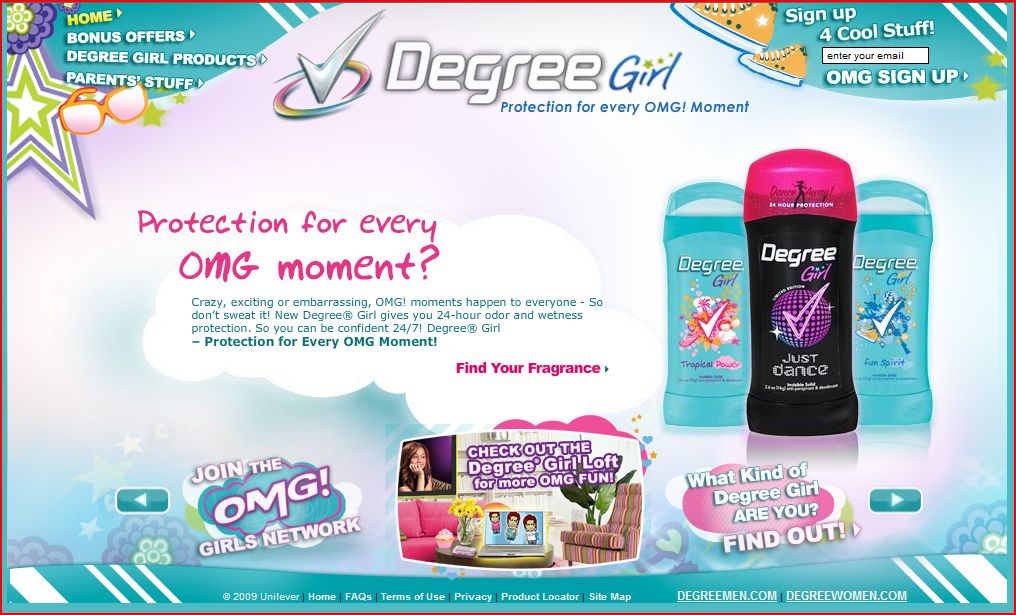
“Crazy, exciting or embarrassing, OMG! moments happen to everyone.”
“Sign up 4 Cool Stuff! OMG SIGN UP.”
Scents include “Fun Spirit,” “Tropical Power,” and “Just Dance.” See also “Pink Crush.”
Also in dumb gendered marketing: Redken for men, make up for men, Frito Lay targets the ladies, nature versus the beast, it may be pink, but it’s not girly, gendered vitamins, and RISK (for men only).
Also in marketing towards tweens: “My Life” involves getting a boyfriend, teenager+colonialism = weird, and Nair for tweens.





